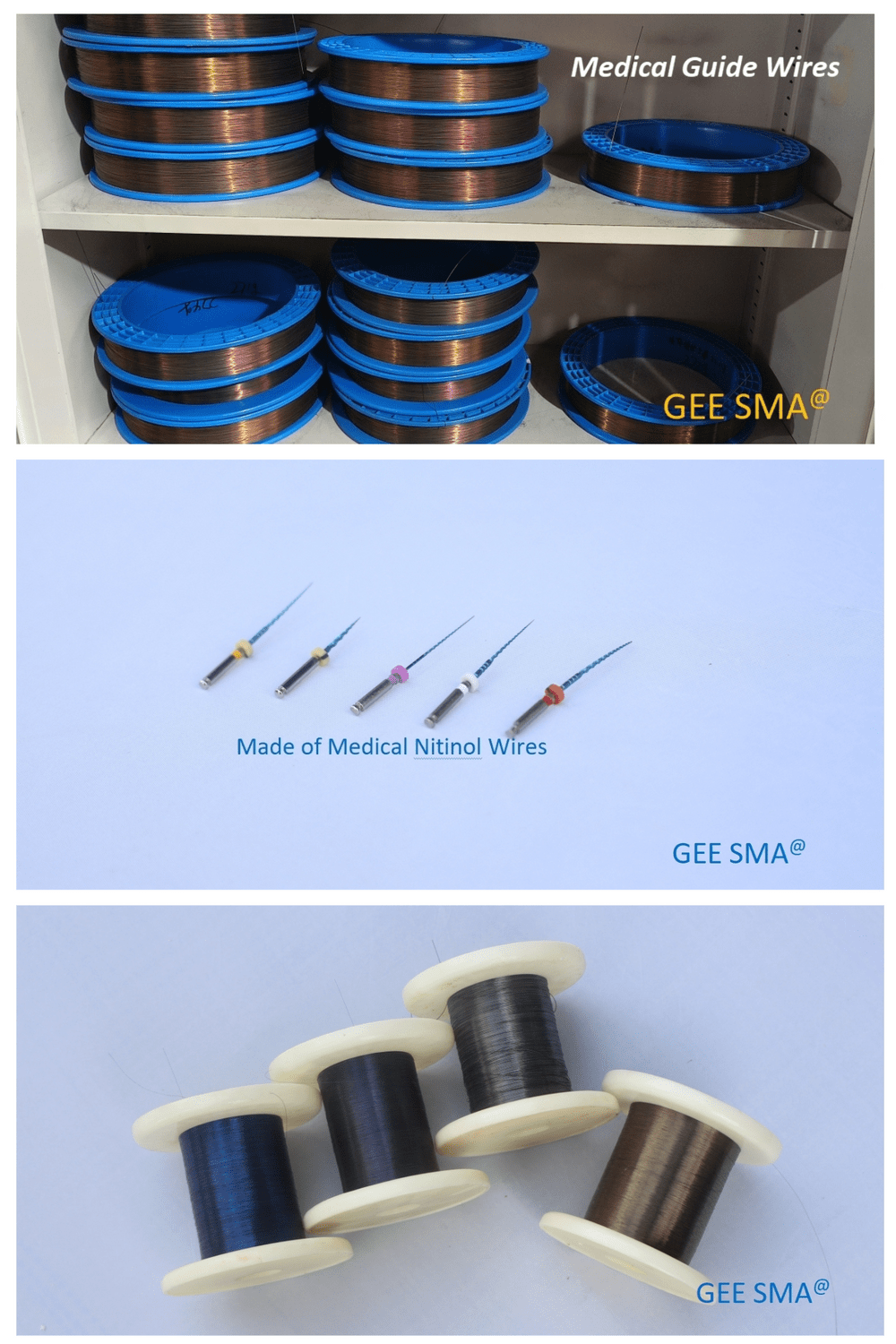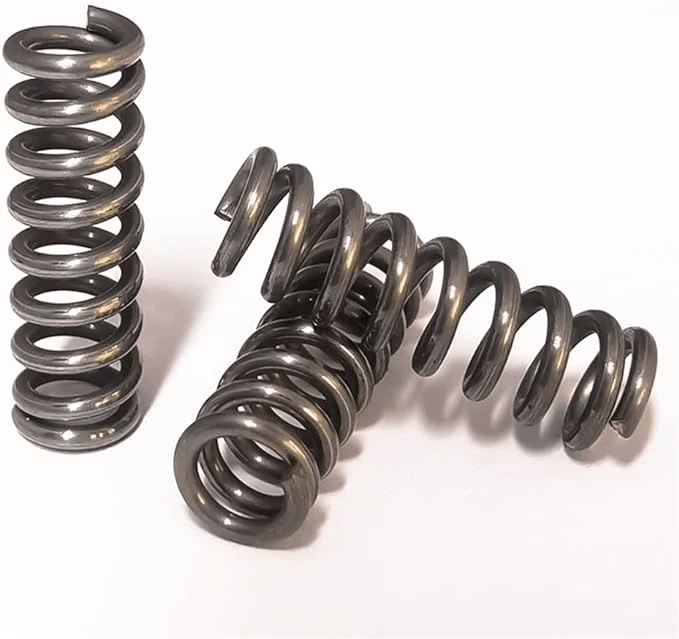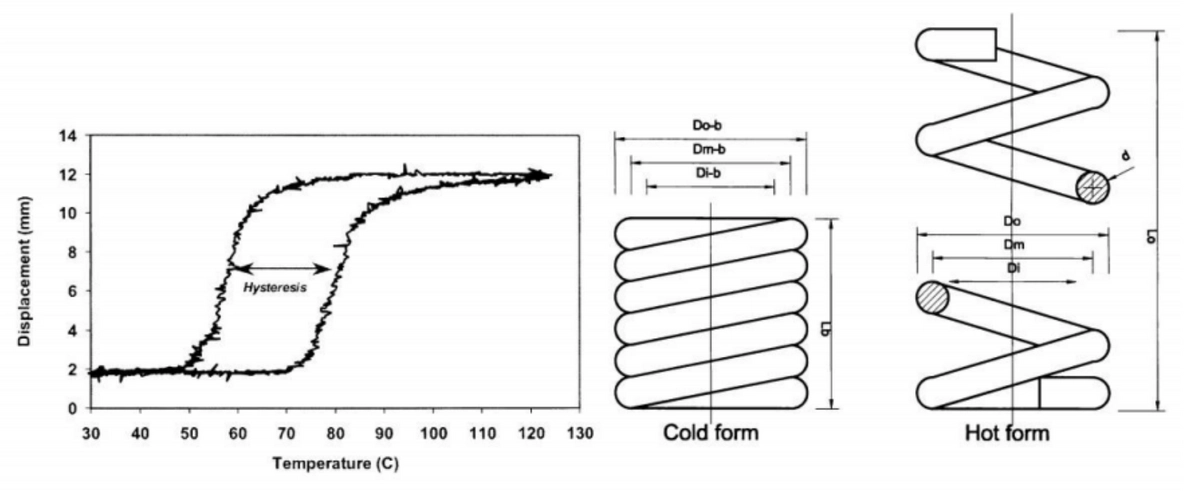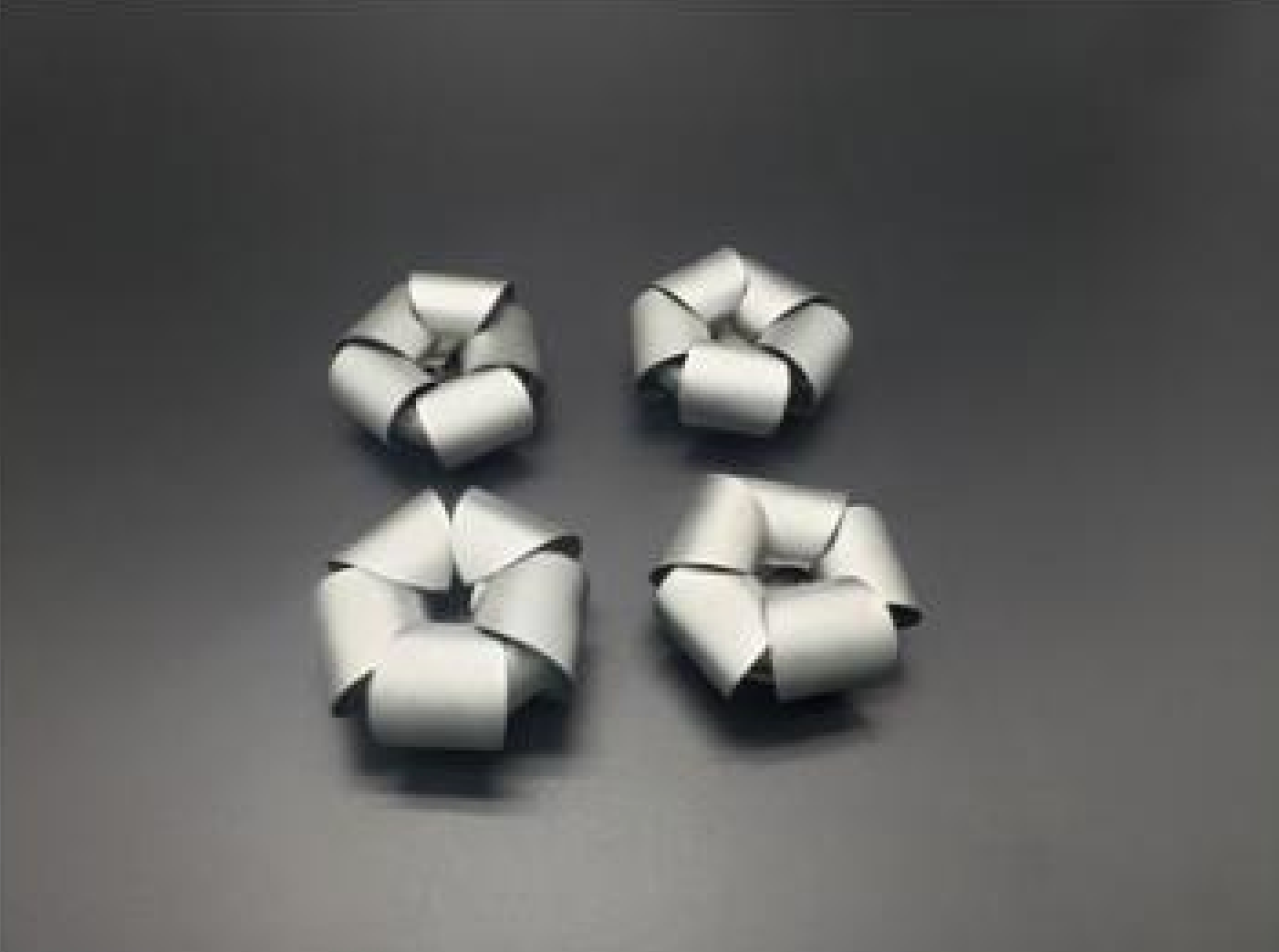Introduction

Nitinol, a unique alloy of nickel and titanium, has revolutionized various industries with its remarkable properties. From medical to aerospace, automotive to consumer electronics, the applications of Nitinol have expanded rapidly in recent years. This versatile material has gained attention for its shape memory and superelasticity, making it a game-changer in the world of engineering and technology.
Understanding Nitinol Applications
The applications of Nitinol are vast and diverse, ranging from medical devices to industrial components. Its unique composition allows it to exhibit shape memory and superelasticity, making it ideal for a wide range of applications. The cost-effectiveness and durability of Nitinol make it an attractive choice for engineers and manufacturers across different industries.
Exploring the Versatility of Nitinol
The versatility of Nitinol is evident in its ability to be used in various forms such as ultra-fine wires, stents, actuators, and engine components. Its flexibility and resilience make it suitable for intricate medical procedures as well as demanding aerospace applications. The exploration of new ways to utilize Nitinol continues to expand its potential across different sectors.
The Impact of Nitinol in Various Industries
The impact of Nitinol can be seen in its contribution to advancements in the medical field with the development of innovative stents and guidewires. In addition, its use in aerospace engineering has led to the creation of more efficient aircraft components. Furthermore, its presence in consumer electronics and automotive industry highlights its significance in shaping modern technology.
Medical Field

Nitinol, a unique shape memory alloy, has found extensive applications in the medical field due to its remarkable properties and versatility. From orthodontic wires to stents in vascular surgery, the medical industry has embraced the use of nitinol for its exceptional performance and biocompatibility.
Nitinol in Orthodontic Wires
Orthodontic treatment has greatly benefited from the use of ultra-fine nitinol wire, which offers superior flexibility and shape memory properties. This allows for gentle yet effective tooth movement, reducing discomfort for patients and improving treatment outcomes. The exceptional resilience and biocompatibility of nitinol make it an ideal choice for orthodontic applications.
Nitinol Stents in Vascular Surgery
Nitinol stents have revolutionized the field of vascular surgery by providing a durable and flexible solution for treating narrowed or weakened arteries. The unique ability of nitinol to self-expand within the body allows for minimally invasive procedures with reduced risk of complications. This has significantly improved patient outcomes and recovery times while minimizing healthcare costs.
Nitinol Guidewires for Minimally Invasive Procedures
Nitinol guidewires play a crucial role in minimally invasive procedures, providing physicians with precise control and maneuverability during intricate surgeries. The exceptional flexibility and kink resistance of nitinol guidewires enable safe navigation through complex anatomical structures, ensuring accurate placement of medical devices while minimizing trauma to surrounding tissues.
By harnessing the remarkable properties of nitinol, the medical industry continues to push boundaries in developing innovative solutions that enhance patient care and treatment efficacy.
Aerospace and Aviation

Nitinol has revolutionized the aerospace and aviation industry with its remarkable applications. Nitinol actuators are being used in aircraft components, providing lightweight, efficient, and reliable performance. The unique properties of Nitinol make it an ideal material for deployable structures in space missions, offering flexibility and shape memory capabilities. GEE SMA has made significant contributions to the aerospace industry by developing innovative Nitinol components that enhance the performance and safety of aircraft.
Nitinol Actuators for Aircraft Components
Nitinol actuators have become indispensable in aircraft components due to their exceptional ability to withstand extreme conditions while maintaining precise control and movement. These actuators are utilized in various systems such as wing flaps, landing gear, and engine controls, enhancing operational efficiency and safety. The cost-effectiveness of Nitinol actuators makes them a preferred choice for aerospace applications, contributing to the advancement of aviation technology.
Nitinol in Deployable Structures
The use of Nitinol in deployable structures for space missions has opened up new possibilities for lightweight and compact designs that can be easily transported into space. Its shape memory properties allow these structures to be folded during launch and then automatically deploy once they reach their destination, ensuring reliable functionality without adding unnecessary weight or complexity to spacecraft.
GEE SMA's Contribution to Aerospace Industry with Nitinol Components
GEE SMA has been at the forefront of developing cutting-edge Nitinol components that have significantly improved the performance and safety of aerospace systems. Their innovative approach to utilizing Nitinol in critical aircraft parts has led to advancements in fuel efficiency, reduced maintenance costs, and enhanced overall reliability. GEE SMA's commitment to pushing the boundaries of Nitinol technology continues to drive progress in the aerospace industry.
Consumer Electronics

Nitinol, a shape memory alloy, has found its way into the world of consumer electronics, revolutionizing the way we interact with technology. Smartphones and wearable devices now incorporate Nitinol components for enhanced durability and flexibility, allowing for sleek designs and improved user experience.
Nitinol in Smartphones and Wearable Devices
The applications of Nitinol in smartphones and wearable devices have been a game-changer in the tech industry. Its unique properties make it ideal for creating durable yet flexible components, such as hinges and connectors, that can withstand repeated use without losing their shape or functionality. As a result, consumers can enjoy more robust devices that can adapt to their needs without compromising on performance.
Nitinol Eyeglass Frames
Nitinol's versatility extends to the eyewear industry, where it is used to create lightweight and resilient eyeglass frames. The alloy's ability to return to its original shape after deformation provides users with frames that are not only comfortable but also highly resistant to bending or breaking, offering a significant improvement over traditional materials.
Nitinol in Robotics and Automation
In robotics and automation, Nitinol's unique properties have paved the way for innovative designs and applications. From robotic actuators to intricate automation components, Nitinol's flexibility and resilience enable machines to perform complex tasks with precision while ensuring longevity and reliability.
With its remarkable adaptability and resilience, Nitinol continues to redefine consumer electronics by enabling the creation of more durable products with enhanced performance capabilities.
Automotive Industry

Nitinol, a shape memory alloy, has found its way into the automotive industry with its unique properties and versatile applications. Nitinol engine components are gaining popularity due to their ability to withstand high temperatures and provide excellent performance. The use of Nitinol in automotive safety systems has also been on the rise, offering enhanced durability and reliability for critical components. Additionally, Nitinol is being utilized in fuel injection systems, contributing to improved fuel efficiency and overall vehicle performance.
Nitinol Engine Components
Nitinol engine components are revolutionizing the automotive industry with their exceptional resilience and heat resistance. These ultra-fine Nitinol wires are being incorporated into various engine parts, such as valves and actuators, to enhance their longevity and functionality. As a result, car manufacturers are increasingly turning to Nitinol for its cost-effective solutions that improve engine performance while maintaining durability.
Nitinol is also making waves in automotive safety systems, as its unique properties make it an ideal material for applications such as airbag deployment and seatbelt tensioning. The resilience and shape memory characteristics of Nitinol allow for precise and reliable performance in critical safety components, ensuring the protection of vehicle occupants in the event of a collision. As car manufacturers continue to prioritize safety features, Nitinol's versatility and dependability are proving to be invaluable assets in enhancing overall vehicle safety standards.
Nitinol in Automotive Safety Systems
The use of Nitinol in automotive safety systems has been a game-changer for car manufacturers looking to enhance the reliability of their vehicles. From airbag deployment mechanisms to seatbelt tensioners, Nitinol's unique composition ensures that these safety components can withstand extreme conditions without compromising on performance or safety standards.
Nitinol's remarkable flexibility and shape memory properties have also made it an ideal material for use in fuel injection systems. The ability of Nitinol to return to its original shape after being deformed allows for precise control over fuel delivery, resulting in improved engine performance and fuel efficiency. This innovative application of Nitinol has revolutionized the way fuel is delivered to the engine, leading to smoother acceleration and reduced emissions.
Nitinol in Fuel Injection Systems
Nitinol's exceptional properties have also made it an ideal choice for fuel injection systems in automobiles. By integrating Nitinol technology into fuel injectors, car manufacturers can achieve precise control over fuel delivery while minimizing energy loss and maximizing efficiency. This innovative application of Nitinol is paving the way for more sustainable and eco-friendly transportation solutions.
Furthermore, Nitinol's durability and resistance to corrosion make it an ideal material for fuel injection systems, as it ensures longevity and reliability in the harsh conditions of an automobile engine. This means that car owners can expect fewer maintenance issues and longer-lasting fuel injectors, reducing the overall environmental impact of automotive transportation. With Nitinol technology, car manufacturers are not only improving the performance of their vehicles but also contributing to a more sustainable future.
Industrial Applications

Nitinol in Actuators and Valves
Nitinol's unique properties make it an ideal material for actuators and valves in industrial applications. Its shape memory and superelasticity allow for precise control and reliable performance in a variety of settings. Whether it's controlling fluid flow or regulating pressure, Nitinol actuators and valves offer unparalleled efficiency and durability. In addition, Nitinol's resistance to corrosion and high temperature makes it a top choice for harsh environments, ensuring long-term functionality without degradation. Furthermore, the lightweight nature of Nitinol reduces the overall weight of the actuators and valves, making them easier to install and maintain while also minimizing energy consumption.
Nitinol Fasteners and Clamps
In the industrial sector, Nitinol fasteners and clamps provide a reliable solution for securing components in high-stress environments. The exceptional strength and resilience of Nitinol make it an excellent choice for applications where traditional fastening methods may fail. From heavy machinery to delicate instruments, Nitinol fasteners and clamps offer a versatile and cost-effective solution.
Nitinol fasteners and clamps are also widely used in textile machinery due to their ability to withstand high levels of tension and stress. From looms to spinning machines, Nitinol fasteners provide a secure and reliable way to hold components in place, ensuring smooth operation and minimal downtime. Additionally, the lightweight nature of Nitinol makes it an ideal choice for textile machinery, as it does not add unnecessary weight or bulk to the equipment. Whether it's securing intricate parts or holding together large-scale components, Nitinol fasteners and clamps are a valuable asset in the textile industry.
Nitinol in Textile Machinery
The use of Nitinol in textile machinery has revolutionized the manufacturing process, offering improved efficiency and precision. From automated looms to advanced knitting machines, the integration of Nitinol components has resulted in higher quality textiles with enhanced performance characteristics. This innovative application of ultra-fine Nitinol wire has opened new possibilities for the textile industry, driving advancements in fabric production.
The integration of Nitinol components in textile machinery has not only improved the efficiency and precision of the manufacturing process, but it has also led to a significant reduction in production costs. The use of Nitinol wire in automated looms and knitting machines has resulted in fewer maintenance requirements and longer machine lifespan, contributing to overall cost savings for textile manufacturers. This cost-effective solution has made it possible for smaller textile businesses to compete with larger companies, leveling the playing field in the industry.
Conclusion

Nitinol, with its unique properties and versatile applications, is set to revolutionize various industries in the future. From medical devices to aerospace components, the potential for nitinol applications is limitless. As technology continues to advance, so will the exploration of new frontiers with nitinol.
The Future of Nitinol Applications
As research and development in nitinol continue to progress, we can expect to see even more innovative applications in the coming years. The demand for nitinol stents and other medical devices is on the rise, driving advancements in manufacturing processes to reduce nitinol cost and make it more accessible for a wider range of applications.
Exploring New Frontiers with Nitinol
With ongoing exploration into the composition of nitinol and its wire properties, we are uncovering new possibilities for its use in consumer electronics, automotive engineering, and industrial machinery. This opens up a world of opportunities for engineers and designers looking to create cutting-edge products with enhanced performance.
As we continue to push the boundaries of nitinol technology, we are discovering its potential for creating shape-memory alloys (SMAs) with even greater flexibility and durability. This means that consumer electronics can be designed with more intricate and compact components, while automotive engineers can leverage nitinol's unique properties to improve fuel efficiency and safety features. Furthermore, industrial machinery can benefit from the enhanced performance of nitinol wire, leading to more reliable and efficient manufacturing processes.
GEE SMA: Advancing Nitinol Technology
GEE SMA's commitment to advancing nitinol technology has been instrumental in pushing the boundaries of what is possible with this remarkable material. Their dedication to research and development has paved the way for breakthroughs in various industries, solidifying their position as leaders in the field of nitinol applications. As a result, GEE SMA has been able to create innovative solutions for medical devices, aerospace components, and consumer products, showcasing the versatility and potential of nitinol across a wide range of applications.

